Dear Friends,
Life is filled with uncertainty, especially at times like this. The coronavirus pandemic has led to uncertainty about the economy, jobs, finances, relationships, and of course, health.
Each of us is different in how much uncertainty we can tolerate in life, but all of us have a limit. If you feel overwhelmed by uncertainty, it’s important to know that you’re not alone; many of us are in the same boat at this time. It’s also important to realize that no matter how helpless and hopeless you feel, there are steps you can take to better deal with things you can't control, reduce your anxiety, and face the unknown with more confidence.
Learning to cope with uncertainty
Uncertainty is a natural part of life. Very little about our lives is constant or totally certain, and while we have control over many things, we can’t control everything that happens to us. As the coronavirus outbreak has shown, life can change very quickly. You may have suddenly become sick, lost your job, or found yourself struggling to keep your family safe. You may wonder when the pandemic will end or if life will ever return to normal.
Worrying about it all the time robs you of enjoyment in the present, saps your energy, and keeps you up at night. But there are healthy ways to cope with uncertainty—and that begins with adjusting the way you think about things.
The following tips can help you cope with uncertainty:
Tip 1: Take action over the things you can control
Instead of worrying about the uncontrollable, try to refocus your mind on taking action over the things that are within your control. For example, if you have lost your job during this difficult time, you still have control over how much energy you put into searching online for work, talking with people about possibilities, and applying for jobs. Similarly, if you’re worried about your health with the coronavirus pandemic, you can take action by regularly washing your hands, cleaning surfaces, avoiding crowds, and looking out for your family, friends, and neighbors. Focus on what you can control.
Tip 2: Challenge your need for certainty
What do you do when you don't know how things will turn out? Do you assume that it will turn out badly just because an outcome is uncertain? The truth is you already accept a lot of uncertainty every day. Life can change in a moment, and it is filled with unexpected events and surprises—but that’s not always a bad thing. For every unpleasant surprise, there are good things that happen out of the blue as well— a surprise opportunity or an unexpected phone call from an old friend. Having to face uncertainty in life can also help you learn to adapt, overcome challenges, and increase your confidence that you can bounce back from tough times..
By challenging your need for certainty, you can begin to let go of negative thoughts, reduce stress and worry, and free up time and energy for more better things.
Tip 3: Focus on the present
One of the surest ways to avoid worrying about an uncertain future is to focus on the present. Instead of trying to predict what might happen, switch your attention to what’s happening right now. By being focused on the present, you can interrupt the negative thoughts running through your mind.
Tip 4: Manage stress and anxiety
Taking steps to reduce your overall stress and anxiety levels can help you decrease negative thoughts, find inner calm, and better cope with the uncertainty in your life. So take care of yourself. Get moving - exercise is a great stress reliever. Make time for relaxation. Get plenty of sleep. Eat a healthy diet.
And don't hesitate to reach out for support. We are here for you.
For parenting support, call the Vermont Parent's Helpline at 1-800-CHILDREN (1-800-244-5373).
Check out our COVID-19 Resource Guide on our website at www.pcavt.org.
Call 211 for information about a broad variety of resources.
Remember, we will get through this TOGETHER!
We are available to discuss parenting concerns and questions. You can contact the Family Support Coordinator in your region or call the Parent's Helpline at 1-800-CHILDREN (800-244-5373).
Heather Niquette, Family Support Programs Coordinator for Chittenden, Addison, Franklin & Grand Isle Counties (802-498-0607) (hniquette@pcavt.org)
Cindy Wells, Family Support Programs Coordinator for Caledonia, Lamoille, Orleans & Essex Counties (802-498-0611) (cwells@pcavt.org)
Cindy Atkins, Family Support Programs Coordinator for Rutland, Bennington & Windham Counties (802-498-0608) ( catkins@pcavt.org )
Amber Menard, Family Support Programs Coordinator for Washington, Orange & Windsor Counties (802-552-4274) ( amenard@pcavt.org )
Steven Ness, Family Support Programs Manager (802-498-0623) (sness@pcavt.org)

